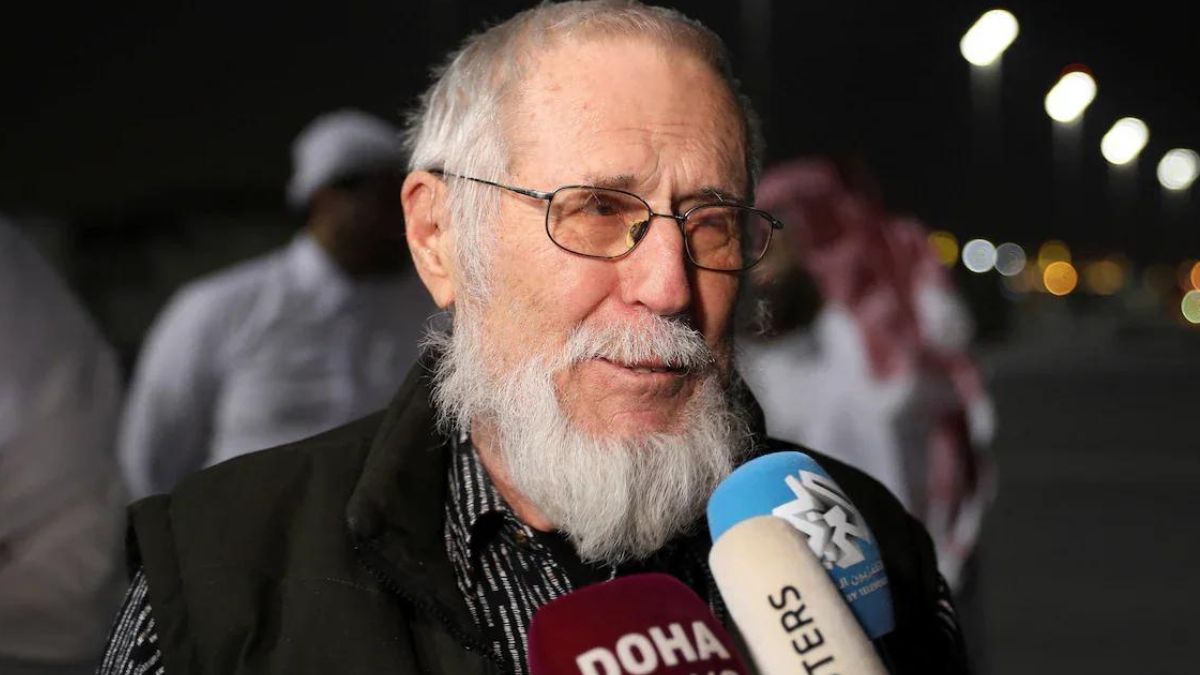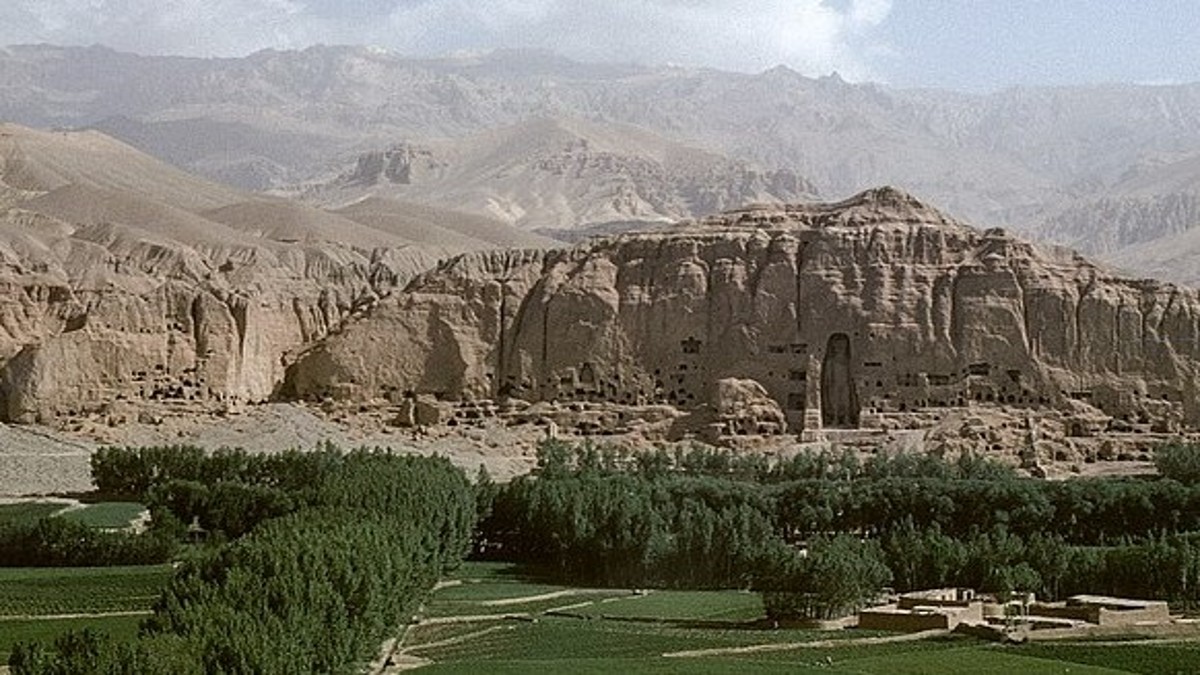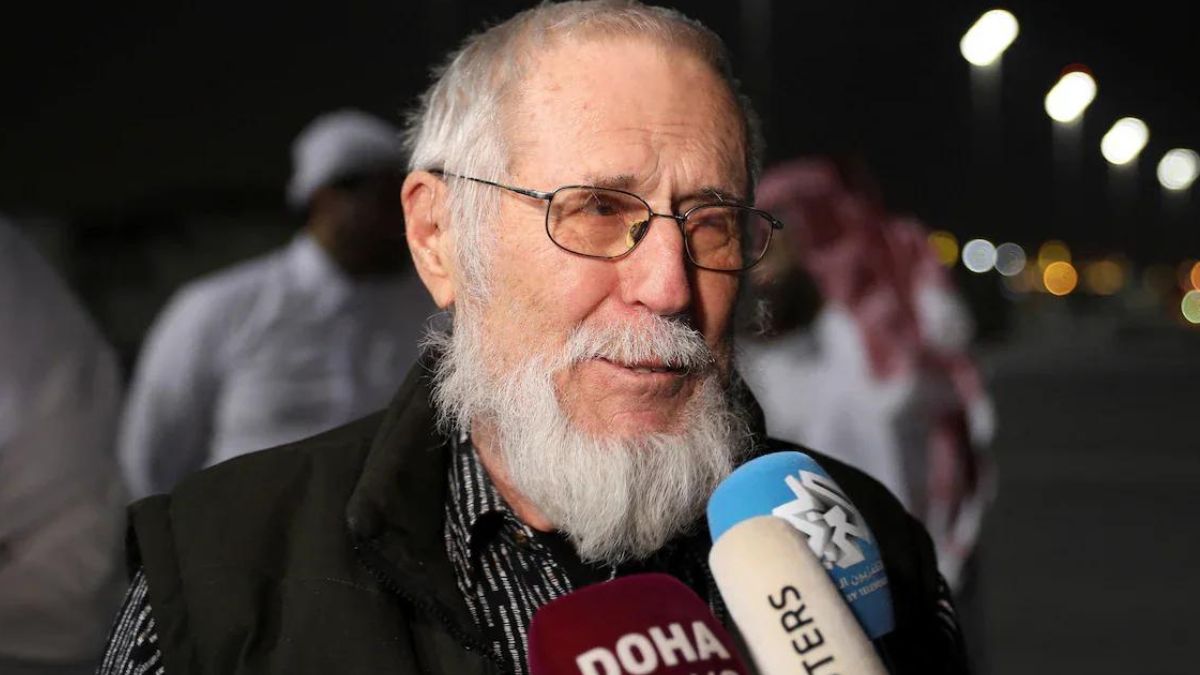The family of Jesuit priest Father Alexis Prem Kumarhas has indicated that the government of India paid ransom money to his captors which eventually led to his release, a charge that the government has denied.
According to a Hindustan Times report, Father Alexis’ brother Albert Manoharan was quoted by the paper as saying, ““Our brother (Father Alexis) said his abductors told him negotiations were on and he may be freed. They said they were waiting for the money.”
Albert added that the negotiations took place in Doha and Hindustan Times quotes Mullah Abdul Salam Zaeef, a founding member of the Taliban (but no longer part of it) as saying, “I have learnt from authoritative sources in the Taliban that the Qatar government played mediator.” Zaeef also said that Taliban doesn’t see India as an enemy.
However the government has denied that they paid ransom to secure the release and external affairs ministry spokesperson Syed Akbaruddin said that the Taliban never asked for any money.
The government also refused to talk about whether the government of Qatar had paid the money, adds the report.
Already the report has seen reactions from the opposition with Congress leader Manish Tewari tweeting and comparing the whole incident to the Kandahar hijacking of an Indian Airlines plane in 1999.
Tewari tweeted that Father Alexis’ remarks have raised speculation similar to the Taliban Indian Airlines 814 Hijack when it was said that relief planes had carried suitcases with money to be paid off to the terrorist group.
He added that if Alexis’ remarks were true, then an investigation was required into the matter. Read his tweets below:
Coincidence Father Alexis's family- ransom may have been paid to Taliban Recall IC-814 hijack lot off speculation suitcases on relief plane?
— Manish Tewari (@ManishTewari) March 5, 2015
If what Father Alexis told his family correct then it requires investigation. Similar reports around IC-814 hijack. Money&Taliban Synonymous
— Manish Tewari (@ManishTewari) March 5, 2015
If the government of India did pay money to secure the release of Kumar, it would certainly not be the first government in the world that has done so. Previously a New York Times report had noted how “kidnapping Europeans for ransom has become a global business for al-Qaeda, bankrolling its operations across the globe.”
The report pointed out how even though European governments have denied making such payments, al-Qaeda and its direct affiliates managed to rake in “$125 million in revenue from kidnappings since 2008, of which $66 million was paid just last year (2013).” The money was funnelled through various proxies and the NYT report adds that in some cases it was hidden “as development aid.”
In fact, with each hostage taking, the amount demanded has risen. The report pointed that while in 2003, each hostage would get the kidnappers around $200,000, recently the price has climbed to as much as $10 million. Also in al-Qaeda’s case the group has now realised the value of its hostages and “only a small percentage of hostages held by Qaeda affiliates have been executed in the past five years,” notes the NYT story.
More recently the rise of the Islamic State has seen a spurt in hostages being taken from Japan, America and Europe. In the case of the two Japanese hostages, ISIS demanded an outrageous $200 million for the release of the hostages. Both were later killed by the group.
In the case of US aid worker Kayla Mueller, her brother has claimed that her situation worsened after the US government swapped five Taliban commanders for a captive US soldier. He said in comments to NBC’s Today show that the US government’s actions resulted in the Islamic State raising its demands for the release of Kayla.
Mueller’s father, Carl Mueller, said that the United States’ willingness to swap for Bergdahl (the US soldier who was freed) but not pay ransom or allow ransom to be paid for his daughter “was pretty hard to take.” “I actually asked the president that question when we were in the White House,” he had said.
At the time of his abduction, Prem Kumar was working with the Jesuit Refugee Service, an international NGO. He was its Afghanistan Director and had been in the country for over three years. He had accompanied teachers on a visit to a JRS-supported school for returnee refugees in Sohadat village, 25-km from the city of Herat. He was kidnapped from the school as he was about to return to Herat, the JRS had said then.
Prem Kumar was in captivity for nearly eight months. When his release was confirmed, the Prime Minister had tweeted triumphantly saying that he was delighted at securing the freedom of Indian Jesuit priest Father Alexis Prem Kumar and that he had spoken to Kumar’s family to inform them that the priest was safe.
“We are extremely happy to hear the news. We thank the government of India and the government of Tamil Nadu for taking efforts to secure his release,” Father Alexis’ brother Albert Manoharan had said at the time of the release.
But now with reports indicating that a ransom may have been involved, it is raises a big question on exactly how the release was secured. If money was indeed involved, it would certainly put a dampener on PM Modi’s big diplomatic win.
With agency inputs


)




)
)
)
)
)
)
)
)